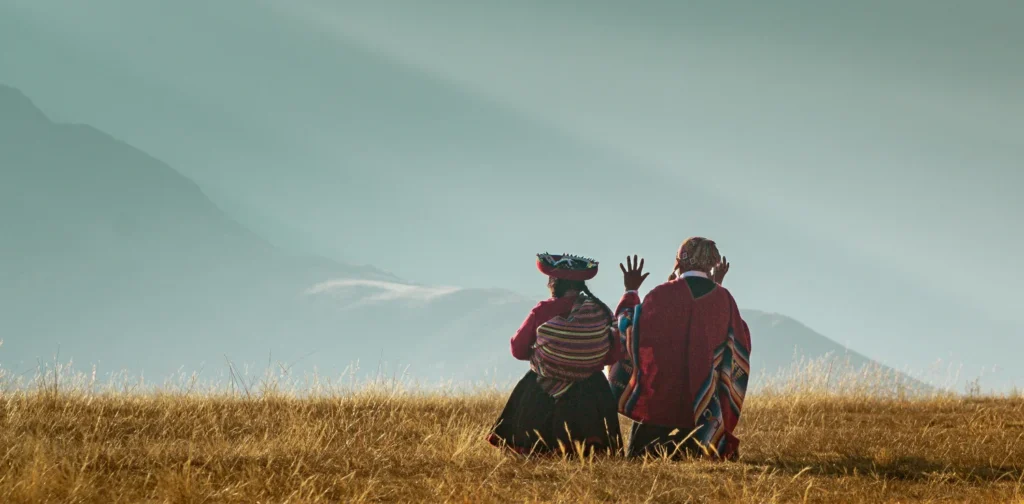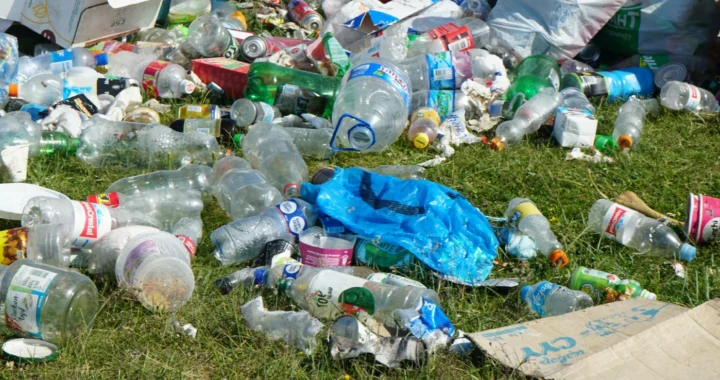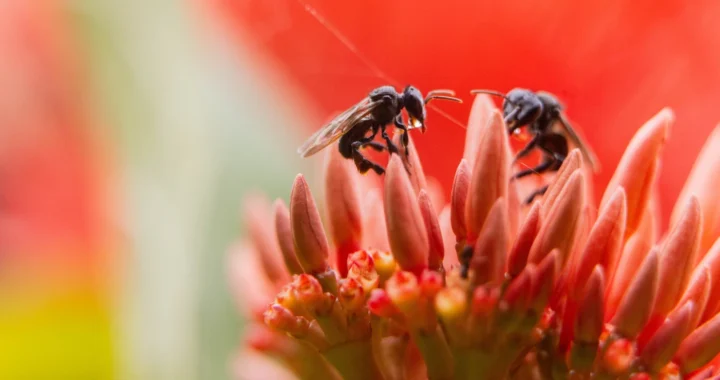Buen Vivir, the Indigenous Andean Philosophy amid the Social and Ecological Crisis

Photo: Da vid on Pexels.
The rapid and robust modern development, more often than not, exploits nature and violates Indigenous rights. Amidst all that, the philosophy of Buen Vivir from the Quechua and Aymara cultures of the Andes offers an alternative: living in harmony with nature, promoting social solidarity, and rejecting excessive consumerism. These values have been recognized in the constitutions of Ecuador and Bolivia as the basis of sustainable development.
A Philosophy of Life amid Environmental Crisis
The climate crisis continues to worsen alongside rampant irresponsible development. According to the FAO, the world has lost 420 million hectares of forest since 1990. The Andes and Amazon regions lost over 4.2 million hectares between 2001 and 2017. At peak deforestation, the loss reached over 426,000 hectares in 2017 alone. Meanwhile, the natural vegetation in Peru has declined by 3.9% since 1985, and glaciers have melted by nearly 50% due to climate change.
Combined with pollution, biodiversity loss, and social justice struggles, the world is in crisis. Amid this crisis, Buen Vivir offers a way of life that rejects natural exploitation for the sake of material growth. This philosophy emphasizes ecological balance, fair distribution, social solidarity, and a spiritual life integrated with the environment.
Implementing Buen Vivir
The values of Buen Vivir have been adopted as a legal framework in Ecuador and Bolivia. Ecuador was the first country to recognize the Rights of Nature in its constitution, marking a shift from an anthropocentric to an ecocentric perspective. This recognition provides a legal basis for protecting ecosystems as living entities, beginning in 2008.
Then, Bolivia followed in 2009 and enacted the Law of the Rights of Mother Earth (2010). The law guarantees ecological rights, including the right to life, diversity, water, clean air, protection from pollution, and restoration. This approach reflects the holistic view of Vivir Bien, Bolivia’s version of Buen Vivir.
Beyond legal norms, this philosophy is also embedded and practiced at the community level. The Indigenous Kichwa people of Sarayaku, for instance, developed the Kawsak Sacha (Living Forest) declaration, recognizing the forest as a living entity with legal rights. They have designated sacred zones and fought against extractive projects, such as mining and oil drilling, without their free, prior, and informed consent.
Call for Collaboration
Buen Vivir reflects the interconnection of humans, land, and the cosmos, which is increasingly relevant amid the triple planetary crisis. However, while the philosophy has been integrated into legal frameworks, its implementation frequently clashes with the interests of the extractive industry. Many mining and oil projects continue to operate in Indigenous territories without respecting local community rights or the legally recognized rights of nature.
Communities like the Sarayaku in Ecuador strengthen their territorial defense through community declarations, global campaigns, and cultural diplomacy. However, this struggle requires broader recognition and support from all stakeholders. Most importantly, governments must strengthen legal protections and the private sector must move away from business-as-usual. As part of the global community, everyone can also learn from Buen Vivir—making responsible choices, advocating social and environmental justice, and upholding solidarity by leaving no one behind.
Editor: Nazalea Kusuma & Kresentia Madina

Co-create positive impact for people and the planet.
Amidst today’s increasingly complex global challenges, equipping yourself, team, and communities with interdisciplinary and cross-sectoral insights on sustainability-related issues and sustainable development is no longer optional — it is a strategic necessity to stay ahead and stay relevant.


 Finally Enforced: Understanding the UN High Seas Treaty
Finally Enforced: Understanding the UN High Seas Treaty  Risks and Opportunities of Submarine Communication Cables for Sustainable Development
Risks and Opportunities of Submarine Communication Cables for Sustainable Development  Rising Attacks and Violence Against Land and Environmental Defenders
Rising Attacks and Violence Against Land and Environmental Defenders  Unveiling Potential Technological Risks amid Global Crises
Unveiling Potential Technological Risks amid Global Crises  Waste-to-Methanol, a Potential Sustainable Solution for Waste and Energy
Waste-to-Methanol, a Potential Sustainable Solution for Waste and Energy  In Peru, Stingless Bees Are Granted Legal Rights
In Peru, Stingless Bees Are Granted Legal Rights